|
The details of Buck Brannaman’s lifestyle are such that if he were a fictional character, no one would believe them. His childhood and his chosen profession are so inextricably linked that they would seem to spring out of the pen of a hack writer pounding away at Starbucks, taking a triumphant sip after tying up a character’s entire motivation. Cindy Meehl’s intimate documentary about Brannaman, the inspiration for Robert Redford’s titular character in The Horse Whisperer, works as well as it does because of its basic, elemental intuitiveness. Brannaman had a brutal childhood under the tyrannical rule of his abusive father. He gets taken in by a kind foster family and apprentices under a mentor who teaches him everything he knows about horsemanship. Brannaman’s specific history allows him to have a unique empathy for horses, having experienced the cruelty of physical punishment to get a creature to do what the holder of the whip wants it to do, and thus he can instantly diagnose and correct horse behavioral problems as if he were Doctor Doolittle. In Buck, Meehl frames this handy cause and effect circle as self-evident, and Brannaman embraces it as he tours the Western US, helping, in his words, ‘people with horse problems and horses with people problems.’
0 Comments
Phil discusses some big plot points for Avengers: Infinity War below the break. If you are metaphorically Captain America pushing back against the Thanos fist of spoilers, stay away.
Avengers: Infinity War is given a very difficult task in the Marvel Cinematic Universe (MCU). With a whopping 18 movies preceding it and already all but confirmed to be a “part 1” sort of movie, Infinity War had to juggle a dizzying number of characters and plotlines while also providing a satisfying self-contained story. We’ve seen the MCU attempt to tackle this before in Avengers: Age of Ultron. While that movie suffered from muddled confusion without a good central focus, Infinity War manages to involve more characters and more plotlines while avoiding the pitfalls that Age of Ultron fell into. “Infinity War” takes a different approach to the MCU structure and while it doesn’t stand on its own, it does solve many of the issues that have plagued the MCU and accomplishes its ultimate goal of setting up on epic conclusion to the original Avengers saga come 2019.
The Revenant made Alejandro Gonzalex Innaritu into a dominant Oscar force. It gave him his second consecutive directing award after the previous year’s Birdman, putting him on a pedestal with other back-to-back winners John Ford and Joseph Mankiewicz. Who knows how cinematic history will remember any individual working today, but where Innaritu lands in comparison to those two is an interesting thought experiment. Ford is someone who mastered the Western and added immeasurable scope to his films while also communicating intimacy in his most famous shots, particularly his iconic end to The Searchers. Mankiewicz had some successes, particularly in All About Eve, but he’s also got his name on some huge blunders like Cleopatra and isn’t a guy that people think of first when rattling off the great directors of the era. Based on the thinness of the films that brought Innaritu his wins, it seems somewhat obvious that Innaritu will end up more like Mankiewicz. An exemplar of the maxim that Oscar wins aren’t given to the Best of something, but the Most, Innaritu’s The Revenant is a series of dares and tricks that becomes punishing and ostentatious and unnecessary long before its overlong runtime expires.
In Stations of the Cross, Dietrich Bruggeman perfectly matches the austerity of the family at the center of the story with his filmmaking. There is one camera movement in the film’s entirety, coming at the very end. Each scene is a single take, representing one of the fourteen titular stations that tell the story of Jesus’ trial and crucifixion. Importantly, none of those stations are Jesus’ supposed resurrection, contrasting the joyful, rejuvenative aspects of Christianity with the snuff film that is the passion. This suffering forms the backbone of the fundamentalist Catholic family that the film revolves around. Jesus was tortured and brutally murdered for his followers, an act that trails this particular sect in their every move and every thought. The brutal form of religious fervor on display makes for a difficult and painful film to watch, as the lead character moves closer and closer to a meaningless end.
Greta Gerwig, queen of indie cinema, has been in a dozen films about tentative young women trying to figure out the next steps of their lives. The best of these, like Frances Ha and 20th Century Women, balance a light tone with serious introspection, while the worst, like Greenberg and Lola Versus, devalue Gerwig’s character as either a prop or a caricature. Having taken part in so many versions of that particular archetype, Gerwig is uniquely suited to turn back the clock to 2003 and make her own film about the kind of person some of her characters might’ve been in their teenage years. By also turning the protagonist into a rough approximation of herself, Gerwig can also construct a deeply specific coming-of-age story with an anti-indie sensibility. For all the focus on the titular Lady Bird in Gerwig’s immaculate directorial debut, she’s only one grounded and affecting character in a film packed with them. No props or caricatures here, just love for everyone that graces the screen and a film that is impossible to not fall for.
Brett Morgen splices together dozens of hours of previously-unseen footage of Jane Goodall’s work with chimpanzees in 2017’s best documentary. Jane is devoted to ten years of Goodall’s early career, through her recruitment by famed paleontologist Louis Leakey and the successes and failures of her personal and professional life. Intercut with present-day Goodall putting wry cappers on events, the doc works as nature footage and excels as a first-hand account of misogyny within a family unit and in the whole of a society.
The stereotype of the emotionally cold Scandinavian gets officially buried in Lukas Moodysson’s Together. The big-hearted Norwegian film Elling should’ve dispelled the assumption that these descendants of Vikings are stiff and monotone and depressed, but I still held onto it in spite of mounting evidence. Even Thomas Vinterberg’s The Hunt, otherwise a Job-like film about a teacher falsely accused of sexual abuse, contains back-slapping scenes of old friends jovially spending time together. Moodysson puts any bedrock expectations about Scandinavian cinema to rest with his joyous celebration of connection and growth.
The epic to end all epics, Akira Kurosawa’s late-career masterpiece Ran spares nothing in the cause of blowing the viewer away with perfect frames and huge setpieces. The equivalent of Scorsese making Wolf of Wall Street in his eighth decade, Ran demonstrates that genius-level talents lose nothing of their energy and vision with age. There’s something to gawp at in every image, whether it’s the costuming or the acting or the composition. Even for a director with classics like Yojimbo, Rashomon, and Seven Samurai on his filmography, it’s not hard to imagine why the influential Japanese auteur declared this his best work. That Kurosawa was able to keep topping himself ensures his legacy as a titan on far surer footing than the doomed patriarch at Ran’s center.
Swedish director Ruben Ostlund makes big, heady films, and The Square is certainly one of those. Ostlund’s Force Majeure began with a split-second decision and played out its ramifications over the proceeding runtime, interrogating the bargains that families make with each other and nothing less weighty than what it means to be a man. For The Square, he turns his eye towards himself and creators like him, asking what is and isn’t art while also poking fun at the lifestyle of exactly the kind of person who would ask such a question. Each scene is about many things, both for the characters and for broader society, making The Square the kind of film that encourages the viewer to try and divine what it is the director is trying to say. That kind of intellectual work lands side by side with a film that constantly entertains in absurd conversations or broad set pieces, making The Square a delight across all cinematic avenues.
|
Side PiecesRandom projects from the MMC Universe. Categories
All
Archives
April 2023
|
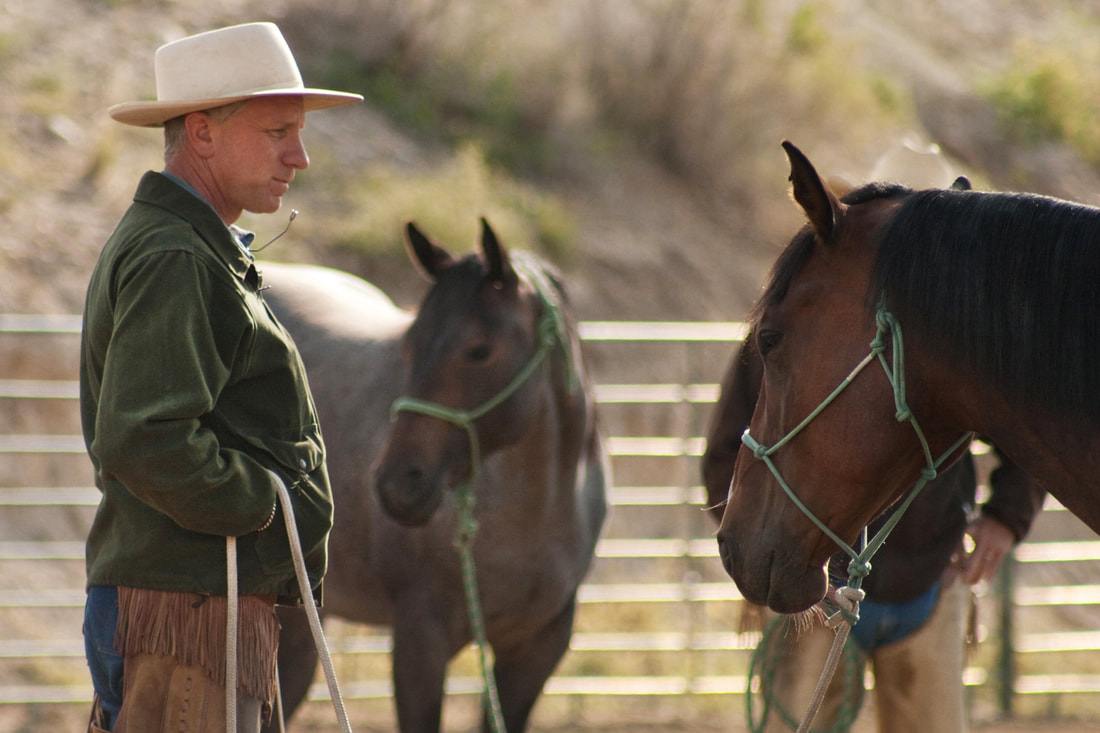
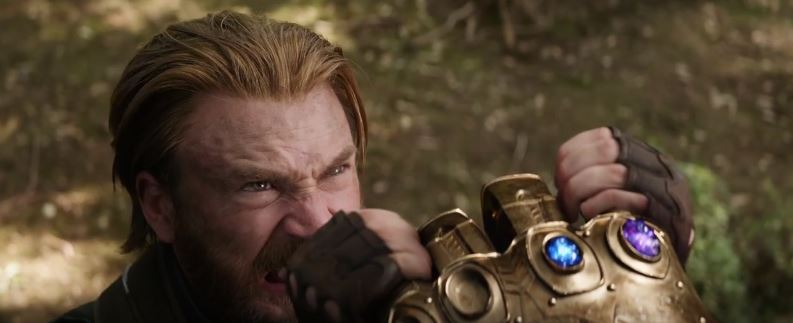
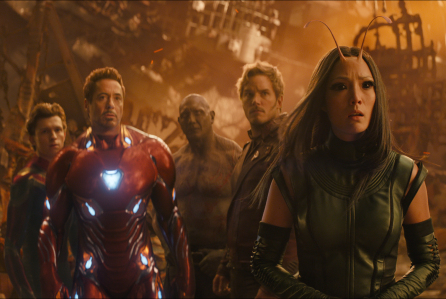
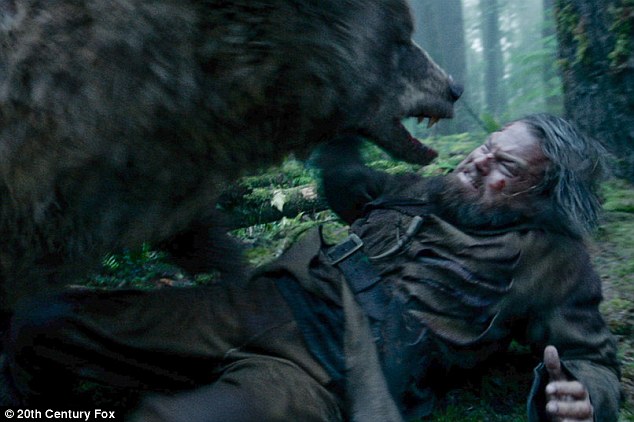
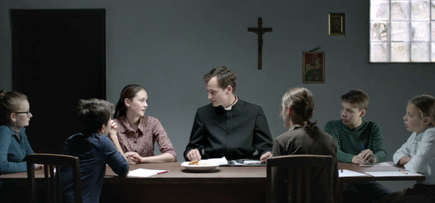
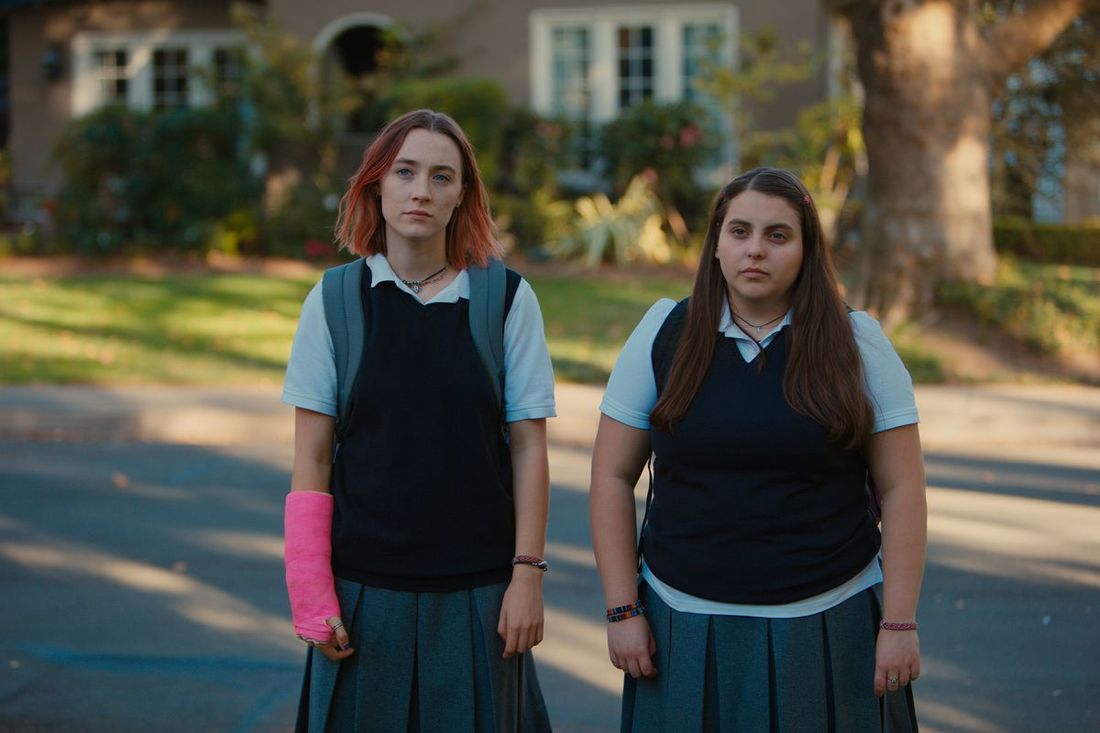
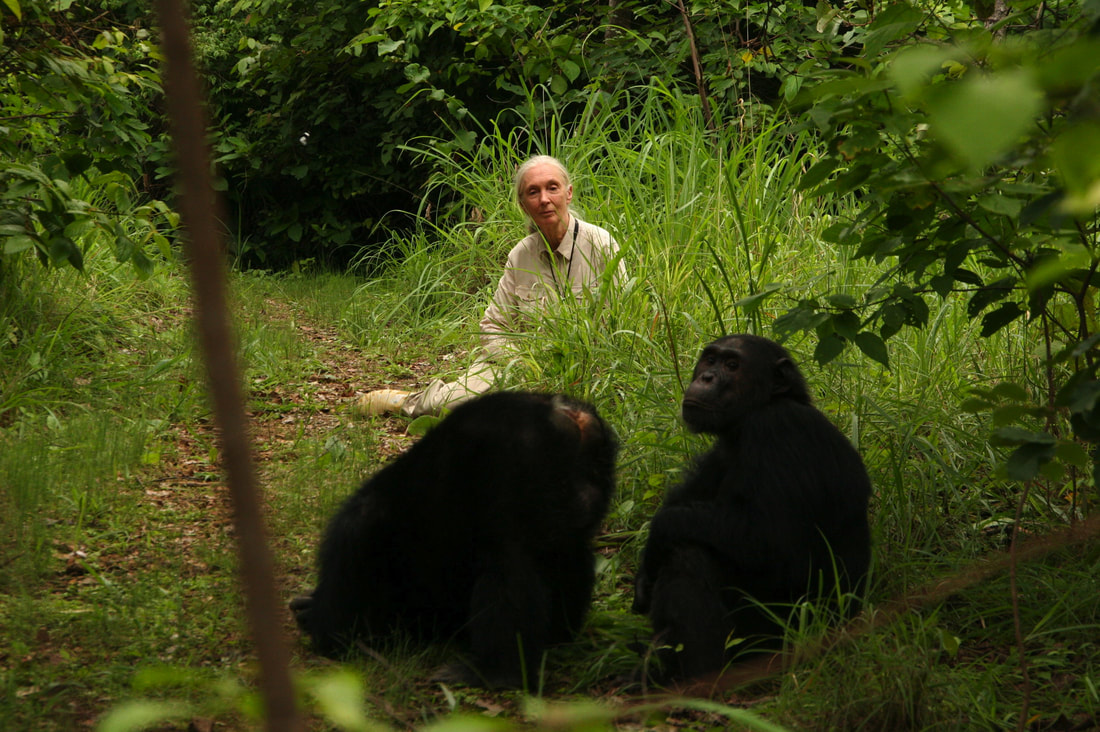

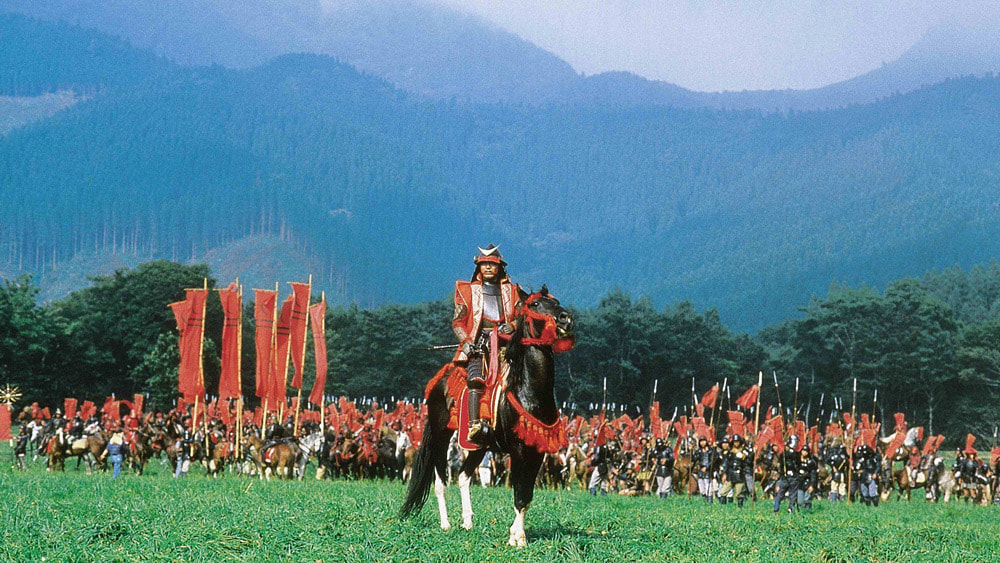
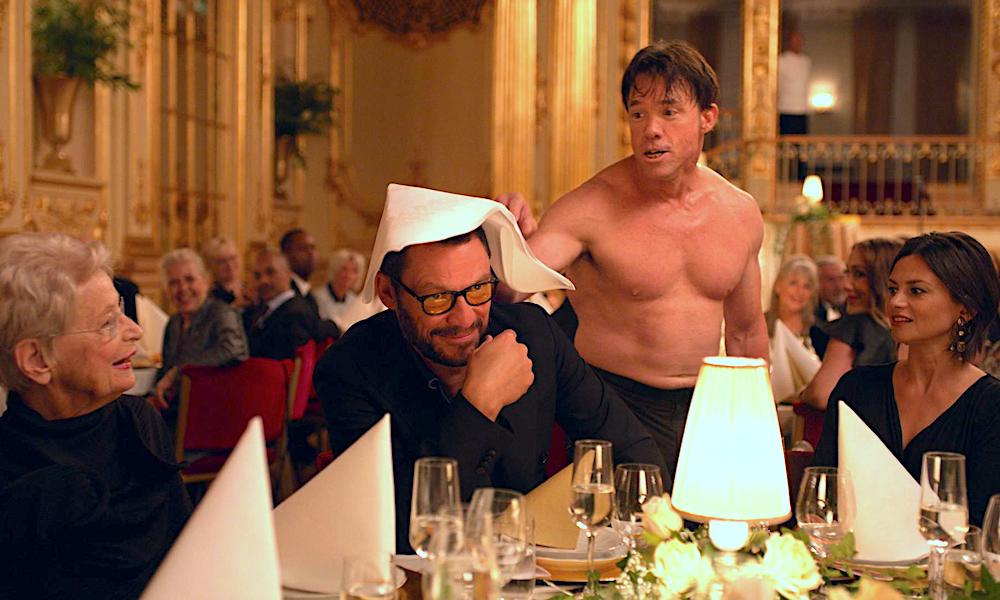
 RSS Feed
RSS Feed